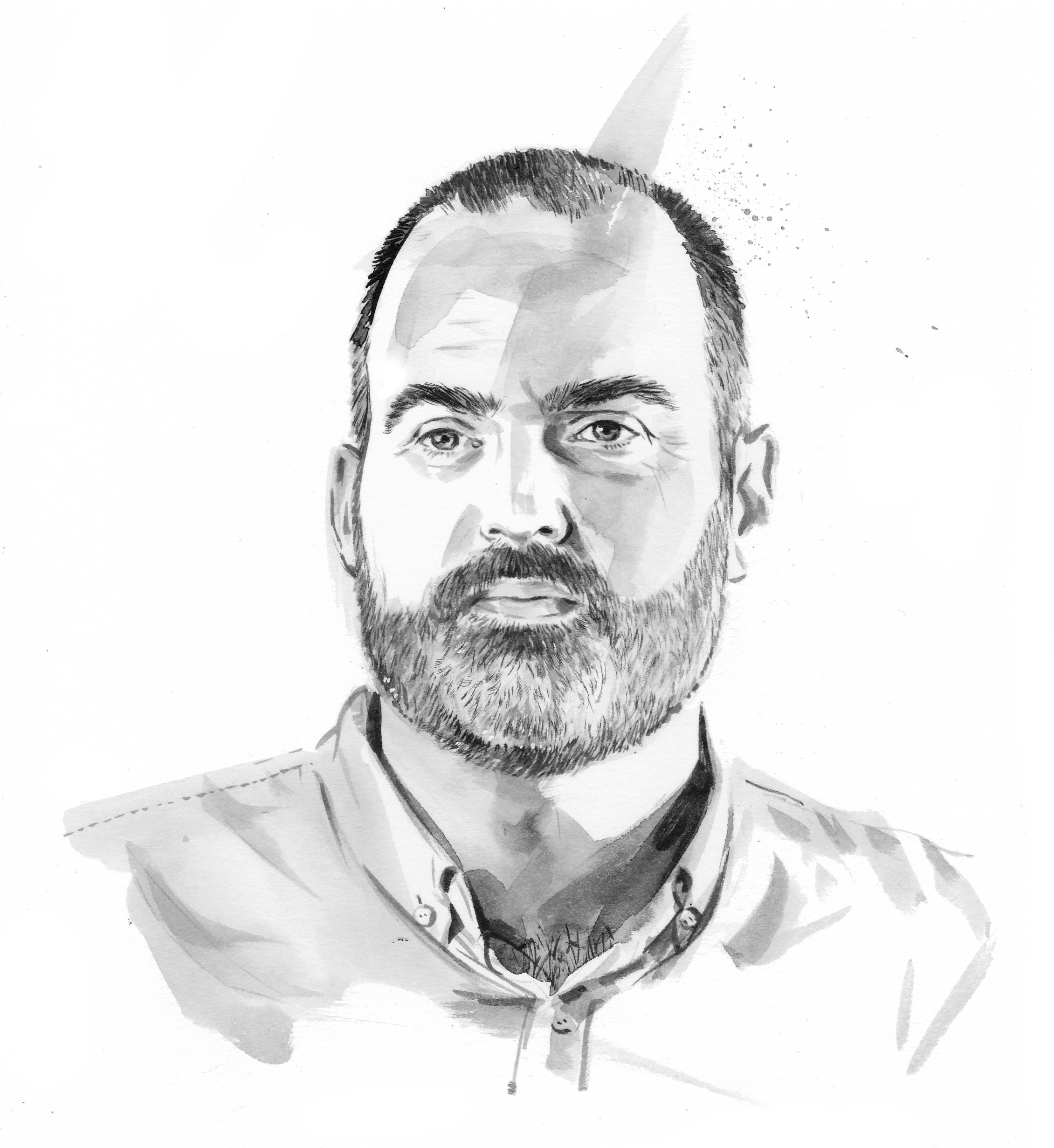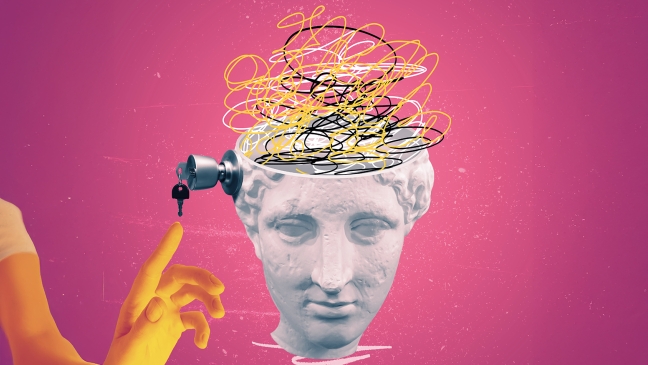What has cognitive science ever done for us? It has become a mainstay of English education, from being enshrined in initial teacher training and national leadership qualifications, to being a regular feature of school continuing professional development sessions. But has it actually improved teaching and learning?
It is impossible to fully appraise the impact of cognitive science on teaching because the reality is far too messy to measure. But there’s a good argument that it is, and can continue to be, a positive for teachers.
Professor Dan Willingham, perhaps the leading cognitive scientist in terms of influence on the English school system, says the discipline offers a valuable mental model of the learner for busy teachers.
More on cognitive science:
And while it is fair to say that this knowledge of cognitive science principles may not consistently translate into better teaching, it is likely better than what preceded it in the English education system.
Cognitive load theory (CLT), for example, has proven to be one of the popular tenets of cognitive science applied to the classroom. In my training (a long time ago), I learned about Vygotsky’s zone of proximal development (ZPD), along with scaffolding. What CLT has offered is a new, more specific model for thinking about scaffolding and challenge. It is imperfect, just like ZPD, but it raises important considerations about teaching and task design.
Likewise, the concept of desirable difficulty isn’t a million miles away from the old “learning pit”, while dual coding even has echoes of the much maligned learning styles approach.
And the ubiquitous 2000s trend for starters has been supplanted by retrieval practice; this may too commonly be reduced to quizzing, but at the very least, teachers are now better armed to know why they are selecting such a teaching strategy. They can engage with a range of applied evidence and, as Willingham argues, there can be greater coherence.
I am long enough in the tooth to remember training that promoted brain breaks. At the time, it didn’t quite pass the smell test, but I wasn’t certain why. Today, you may recognise that the strategy is not a million miles away from spacing and interleaving but, crucially, a little more reflection on attention (another significant focus in cognitive science) enables teachers to question the why and how of such approaches, and hopefully be better armed to call out crap ideas.
Cognitive science in schools: the criticisms
But no sane teacher, leader or educational commentator would ignore the issues that have attended the popularity of cognitive science.
Some would argue that the principle of considering learning as a change in long-term memory is simplistic, reductive even. But for teachers, it has been accompanied by a range of concepts and related practices that have proven compelling and, crucially, within their capability to understand and apply.
It is clear that cognitive science has stuck with teachers and leaders because it speaks to the things that matter to them. It is useful. It has posed practical implications for teaching. It has helped to better explain remembering, the importance of attention, how best to practise problem-solving, the reality of forgetting and much more - all in a relatively accessible package, backed by considerable research evidence.
A common reason to dismiss cognitive science is that school leaders have used it to create carbon-copy models of teaching. Such uniform approaches may have straitjacketed teachers. But the counterfactual I would pose is that we have always acted in this way. It wasn’t long ago that every teacher was expected to labour over lesson objectives, start with whizzy starters and ensure engagement through teachers talking less. No evidence warrant was needed. It was all designed around overconfidence and a CPD slot to fill.
There is also the fair criticism that principles from cognitive science may have been deployed either with very young children, or in very subject-specific contexts in secondary schools, without enough sensitivity to those contexts. Again, it isn’t new for subject disciplines to be squeezed by the expediency of whole-school approaches or for new ideas to be applied in flawed ways. For cognitive science, there is some really good evidence of its effectiveness in classrooms, but there are gaps too. Applied sensitively, with a shared language, we can avoid the failures of the past.
Every age of English schooling attempts to control the maddening complexity of the classroom. Some dodgy application of cognitive science principles is understandable in that context. More broadly, I’d make the case that these principles are part of a positive trend that has armed teachers with the knowledge, and the warrant they need, to champion their own expertise and to push back on problematic blueprints for teaching.
So what has cognitive science ever done for us? Well, it is complicated. It is debatable. But my sense is that it has offered positive insights for teachers in a more coherent, evidence-informed model for learning than what came before.
Alex Quigley is the author of Why Learning Fails (And What To Do About It)
For the latest education news and analysis delivered every weekday morning, sign up for the Tes Daily newsletter






